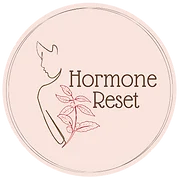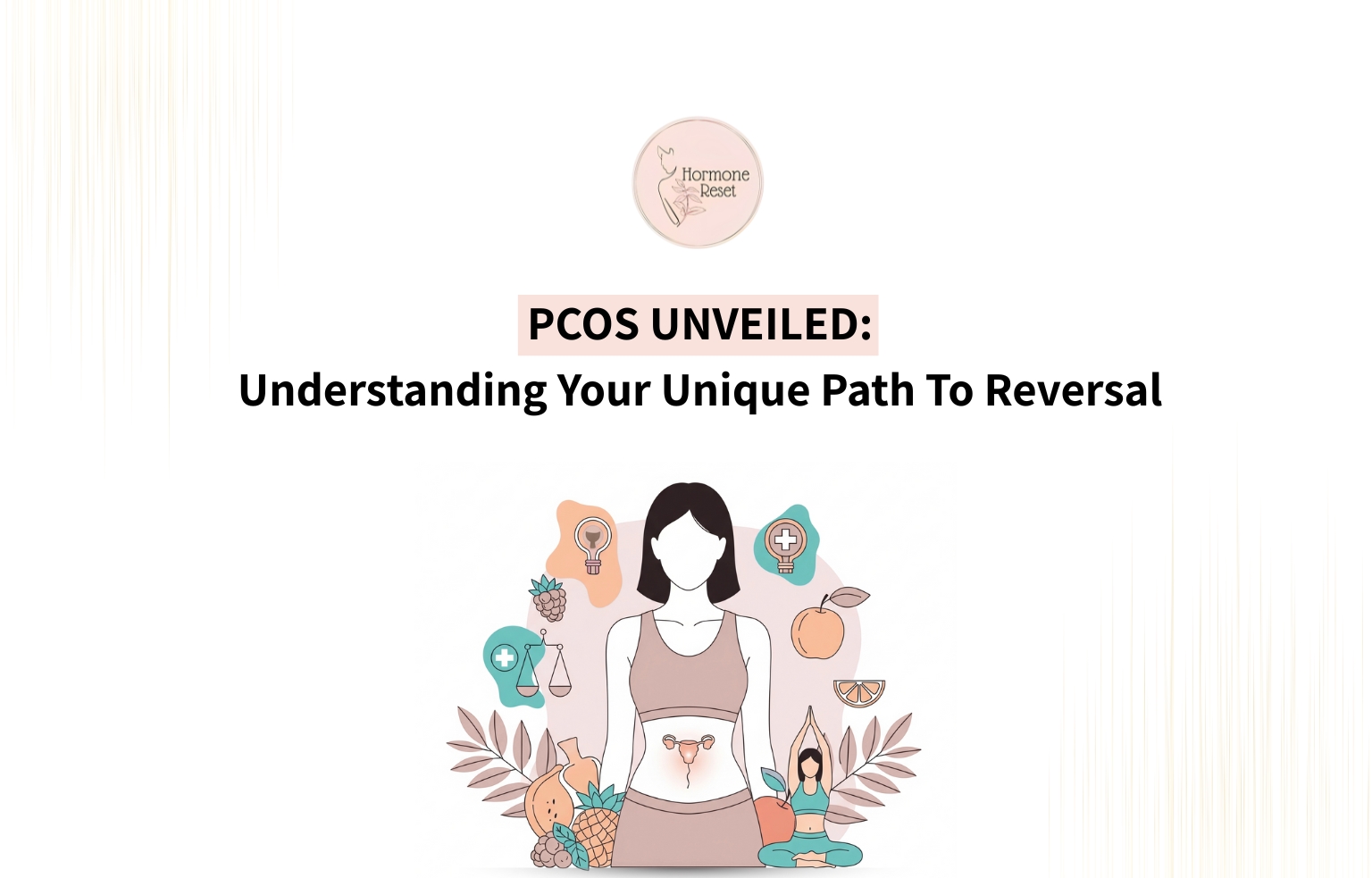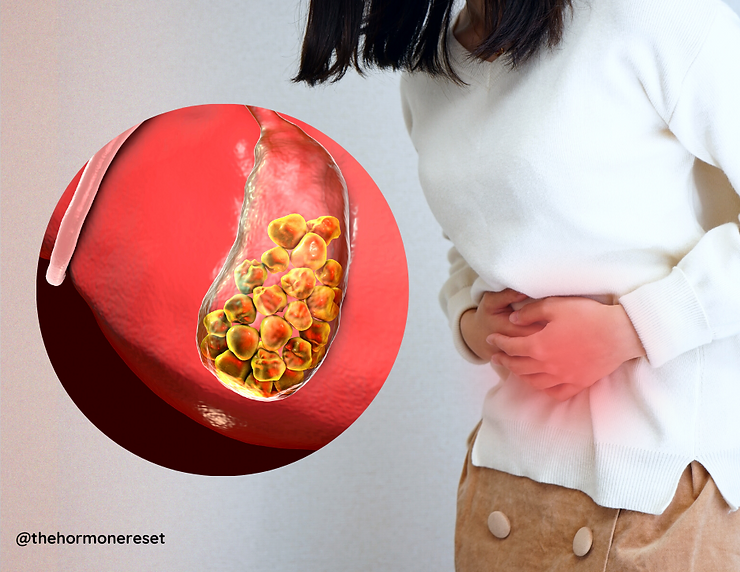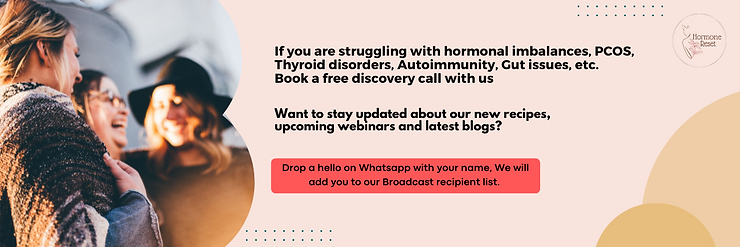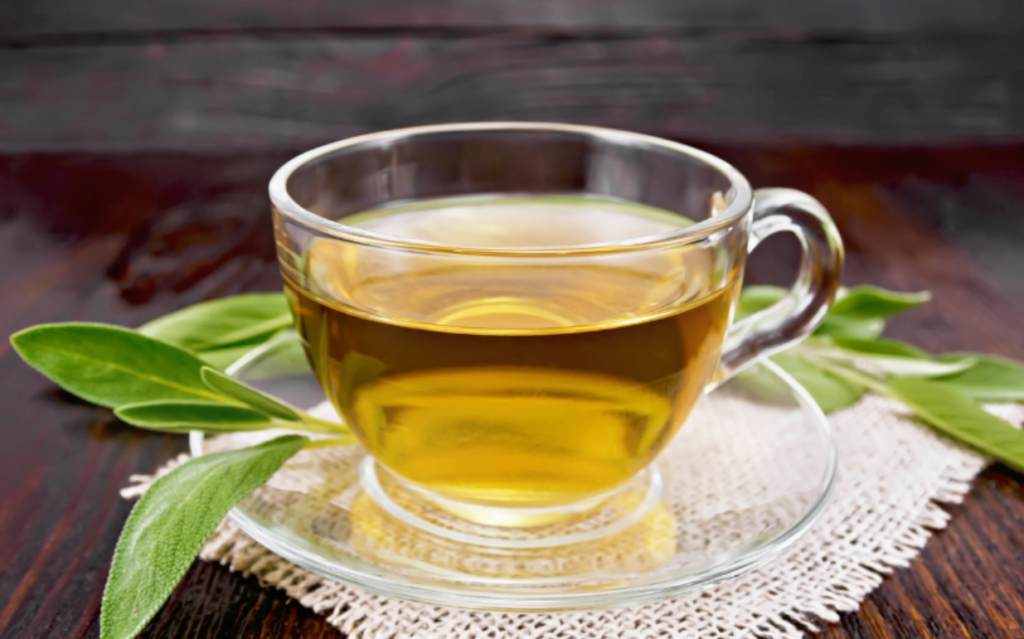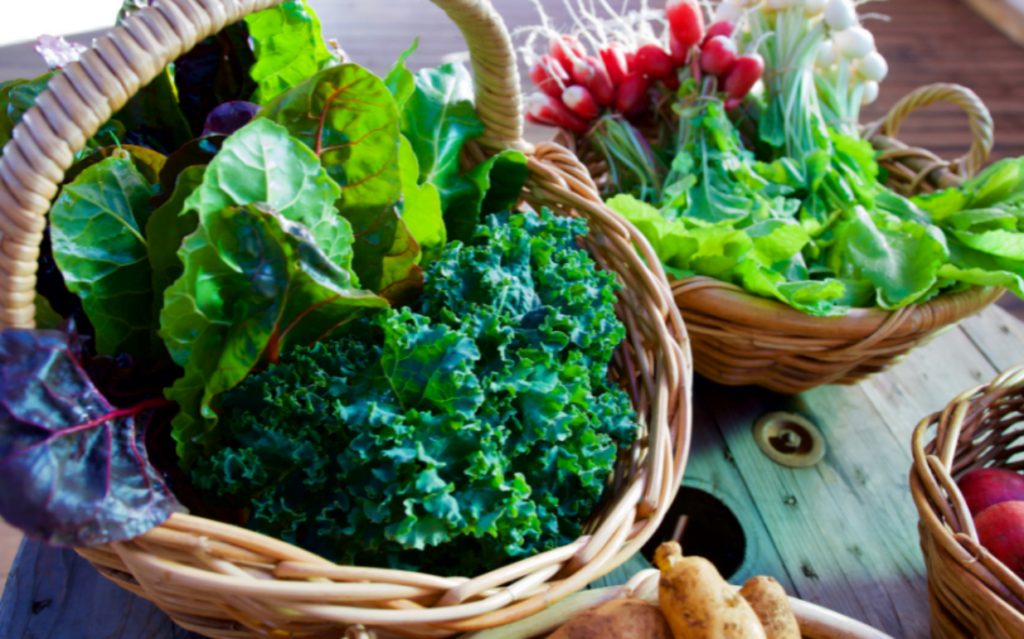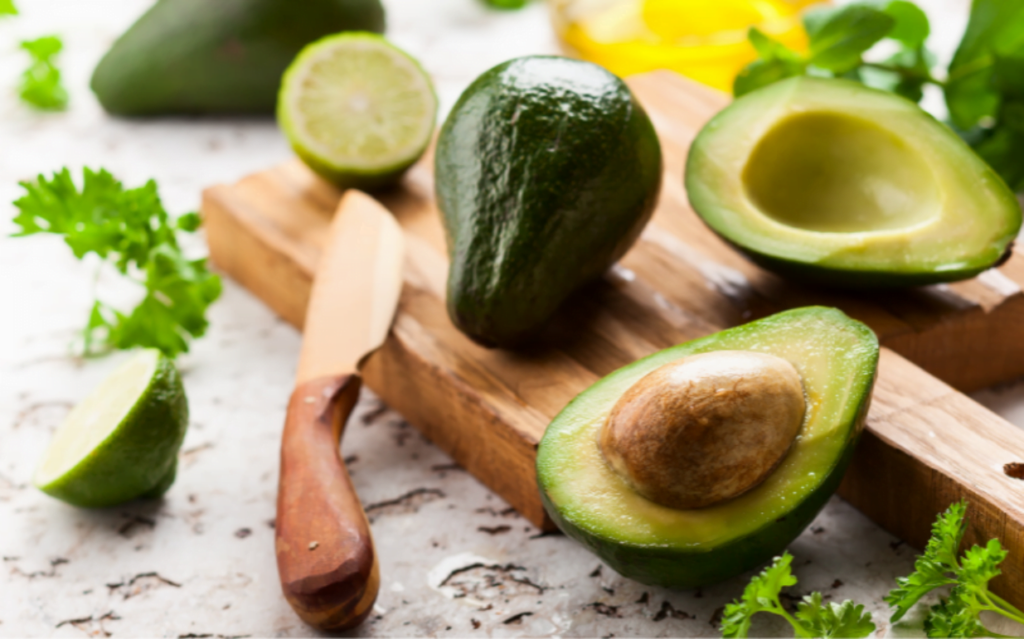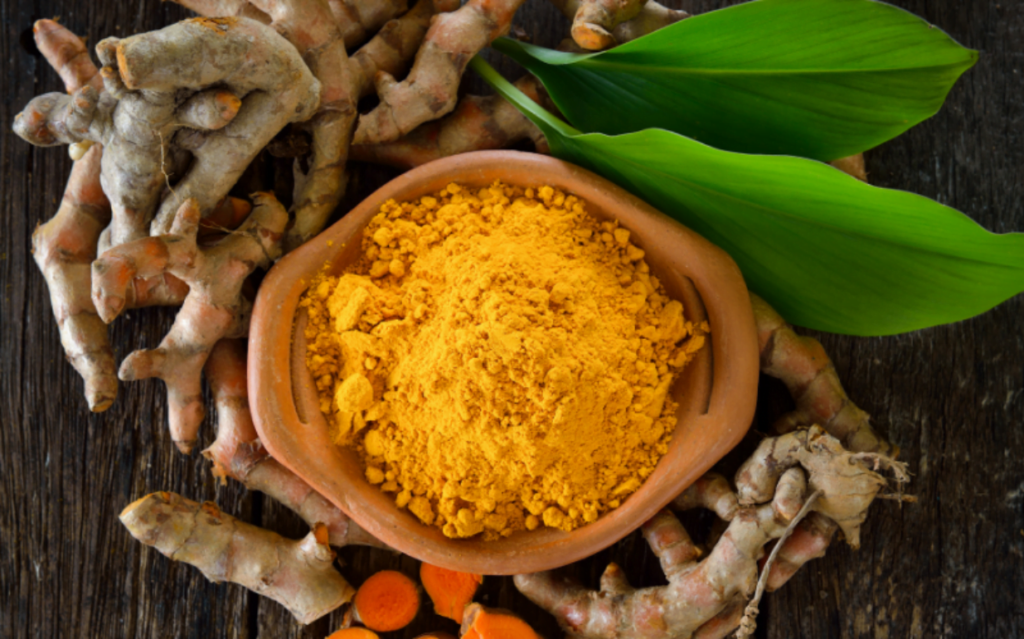Have you recently been diagnosed with Polycystic Ovary Syndrome (PCOS) and feel overwhelmed by conflicting advice? Or maybe your symptoms don’t match the “typical” description? You’re not alone. PCOS is a complex, misunderstood condition that affects every woman differently.
This guide will help you recognize your PCOS type, uncover underlying causes, and explore a step-by-step approach to manage and reverse symptoms naturally.
PCOS Is Not One-Size-Fits-All
PCOS presents in many forms. Two women may look very different yet share the same diagnosis:
- Anuradha: lean, anxious, irregular cycles, jawline acne, no ovarian cysts.
- Manju: curvier, belly fat, severe cycle irregularity, ovarian cysts, infertility.
How can they both have PCOS?
The answer lies in the Rotterdam criteria (2003): Diagnosis requires at least two of these three:
- Irregular or absent ovulation
- Excess androgens (causing acne, facial hair, hair loss)
- Polycystic ovaries on ultrasound
The Four PCOS Phenotypes
- Type A (Classic): All three symptoms.
- Type B (Classic): Irregular ovulation + high androgens, no ovarian cysts.
- Type C (Non-Classic): High androgens + cystic ovaries, but regular cycles.
- Type D (Non-Classic): Irregular cycles + cysts, but normal androgen levels.
The 8-Step Approach to Reverse
This management isn’t “one-size-fits-all.” Addressing underlying triggers is what leads to real improvement.
- Reduce inflammation
- Treat insulin resistance
- Support adrenal health & mood
- Manage excess androgens
- Balance female hormones
- Support thyroid health
- Minimize toxins & create a healthy environment
- Eat a PCOS-friendly diet
Step 1: Address Inflammation
Chronic inflammation is a hidden driver of that. It can:
- Increase testosterone
- Trigger insulin resistance
- Harm gut and egg quality
- Affect mood
Natural Anti-Inflammatory Support
- Diet: Whole foods, cut dairy & refined sugar.
- Gut Health: Reduce gluten, address food sensitivities.
- Supplements: Omega-3s, NAC, curcumin, vitamin D, bioflavonoids.
Step 2: Overcome Insulin Resistance
Most women with PCOS have insulin resistance. High insulin worsens androgen production and weight struggles.
Ways to Improve Insulin Sensitivity
- Exercise: At least 75 minutes of vigorous weekly activity.
- Supplements: Myo-inositol & D-chiro-inositol, berberine, chromium, vitamin D, cinnamon, fenugreek.
- Nutrition: Balanced, low-glycemic meals.
Step 3: Adrenals, Stress & Mood in PCOS
Stress hormones (cortisol, DHEA) can worsen PCOS.
Signs of Adrenal Imbalance
- Hyperactivity (high cortisol): anxiety, belly fat, insomnia.
- Fatigue (low cortisol): exhaustion, depression, low blood pressure.
Natural Stress-Balancing Tools
- Meditation & yoga
- Consistent sleep routines
- Breathing practices & vagus nerve stimulation
- Supportive connections & therapy
- Nutrients: Omega-3s, magnesium, B-complex, L-theanine
Step 4: Treat Excess Androgens
High androgens cause acne, hair loss, and hirsutism.
Natural Remedies
- Licorice + White Peony – lower testosterone
- Spearmint or green tea – reduce DHT
- Saw Palmetto, Reishi, Rosemary – block androgen activity
- Zinc & iron – support hair and hormone balance
Step 5: Balance Female Hormones
PCOS disrupts ovulation and lowers progesterone.
Support Options
- Medical: Birth control or progesterone therapy (for cycle regulation, not root healing).
- Natural:
- Vitex for irregular ovulation
- White Peony + Licorice to balance LH/FSH
- Cinnamon for insulin resistance
- Black Cohosh & Dong Quai for cycle support
Step 6: Support Your Thyroid
Thyroid disorders commonly overlap with PCOS, worsening symptoms like fatigue, weight gain, and infertility.
Key Tests
- TSH, Free T3, Free T4, Reverse T3, Thyroid antibodies
Support
- Selenium, zinc, iodine (only under medical supervision)
- Ashwagandha, Coleus, Guggul
- Gut healing for autoimmune thyroid conditions
Step 7: Minimize Toxins
Endocrine disruptors (plastics, pesticides, cosmetics) mimic hormones and worsen PCOS.
Reduce Exposure
- Use glass/stainless steel instead of plastic
- Choose organic produce
- Switch to toxin-free skincare & cleaning products
- Drink filtered water
Step 8: Eat a Balanced, PCOS-Friendly Diet
Nutrition plays a central role in PCOS reversal.
Guidelines
- Base meals on plants: Non-starchy vegetables & fiber-rich foods.
- Add protein & healthy fats: Fish, poultry, avocado, nuts, olive oil.
- Smart carbs: Berries, sweet potatoes, squash, brown/red rice.
Foods to Avoid
- Sugar: Fuels insulin resistance.
- Dairy: Can increase insulin & hormones.
- Gluten: Triggers inflammation & hunger signals.
- Artificial sweeteners: Disrupt metabolism.
PCOS: A Lifelong Journey, Not a Life Sentence
PCOS may not be “curable,” but it is reversible and manageable. With the right strategy, you can reduce symptoms, balance hormones, and lower long-term risks like diabetes, infertility, and heart disease.
PCOS does not define you—you have the tools to transform your health and live fully.
Also Read: Psoriasis: Uncovering the Roots and Finding Lasting Relief with Functional Medicine
For personalized support, reach out to Hormone Reset for guidance.
FAQs
Q1: Can PCOS be completely cured?
Yes, PCOS can be cured and symptoms can be reversed effectively through lifestyle, nutrition, and medical support.
Q2: Which type of PCOS is the most common?
The most common type is Classic PCOS (with irregular cycles and high androgens). However, each woman may show a unique combination of symptoms.
Q3: Which foods should I avoid in PCOS?
Limit sugar, dairy, gluten, processed foods, and refined carbs. Focus on whole, nutrient-rich foods to balance hormones.
Q4: Can I get pregnant if I have PCOS?
Yes, many women with PCOS conceive naturally or with medical support. Restoring ovulation through lifestyle changes improves fertility chances.
Q5: What is the fastest way to reverse PCOS naturally?
Improving insulin sensitivity through diet, exercise, stress management, and supplements like inositol works as the fastest path for many women.
Stay updated with the latest tips on PCOS management, women’s health, and natural remedies. Follow our channel for more updates.
